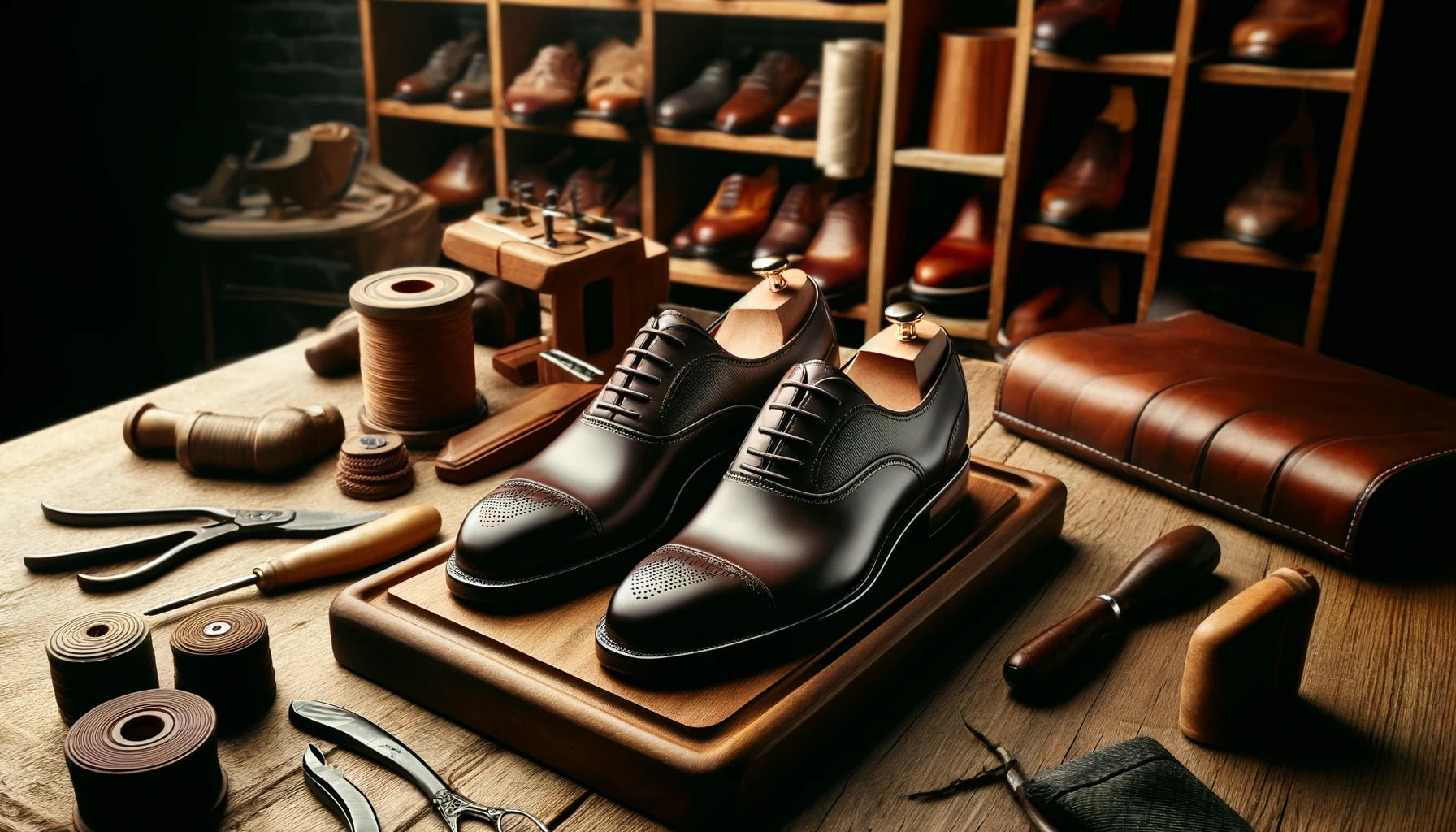
Why Bespoke Shoes Have a Longer Lifespan Than Mass-Produced Shoes
In an era where fast fashion and mass production dominate the market, bespoke shoes offer a timeless alternative that emphasizes quality, craftsmanship, and longevity. While mass-produced shoes cater to the demands of cost efficiency and quick turnaround, bespoke shoes are crafted with meticulous attention to detail and superior materials, ensuring they not only fit better but also last significantly longer. Here’s why bespoke shoes have a much longer lifespan than their mass-produced counterparts.
Superior Materials
- Bespoke shoemakers typically use the finest grades of leather, such as full-grain leather, which is renowned for its durability, strength, and ability to develop a beautiful patina over time. Mass-produced shoes often use corrected-grain or split leather, which are less durable and prone to wear and tear. Full-grain leather, the highest quality leather available, retains the most natural character and strength, making it the most suitable for long-lasting footwear.
Expert Craftsmanship
1. Handmade Construction:
- Bespoke shoes are handcrafted by skilled artisans who have honed their craft over years, if not decades. Each pair is meticulously constructed, with careful attention to every stitch and seam. This level of craftsmanship ensures that bespoke shoes are robust and durable. The process involves multiple stages of cutting, stitching, and shaping, all done by hand, which guarantees precision and quality control.
2. Traditional Techniques:
- Techniques such as hand-welting and hand-stitching are commonly used in bespoke shoemaking. These methods are labor-intensive but result in a much stronger and more flexible shoe compared to machine-made, mass-produced shoes. Hand-welting, in particular, creates a durable bond between the upper and the sole, allowing for easy resoling and extending the shoe's life significantly.
Perfect Fit
Custom Last:
- A bespoke shoe is made using a custom last, which is a model of the client’s foot. This ensures a perfect fit, reducing stress points and uneven wear that often occur with mass-produced shoes that fit poorly. A well-fitting shoe reduces the likelihood of blisters, calluses, and other foot problems, thereby promoting better foot health over time.
Repair and Maintenance
1. Easy to Repair:
- Bespoke shoes are designed to be repaired and resoled multiple times. High-quality construction means that when the soles wear out, they can be replaced without compromising the integrity of the shoe. This is not always possible with mass-produced shoes, which are often designed for short-term use. Bespoke shoes can be refurbished to look and feel like new, which is an advantage for those who invest in quality footwear.
2. Longevity of Materials:
- The use of high-quality materials in bespoke shoes means that even with regular wear, the upper part of the shoe remains in excellent condition for years. Proper care and maintenance, such as regular cleaning and conditioning, further extend their lifespan. High-quality leathers, when maintained properly, can last for decades, developing a rich patina that enhances the shoe's appearance over time.
Attention to Detail
1. Personalized Design:
- Every aspect of a bespoke shoe, from the choice of leather to the type of sole, is tailored to the client’s needs and preferences. This personalized approach ensures that the shoe is not only aesthetically pleasing but also functional and durable. Clients can select the type of toe shape, heel height, and even the type of stitching, making each pair unique and perfectly suited to their style and needs.
2. Durable Construction:
- Bespoke shoes often include additional reinforcements, such as double-stitching in high-stress areas and high-quality linings, which contribute to their longevity. These details are usually overlooked in mass production due to cost and time constraints. For example, bespoke shoemakers may use cork filling in the soles for added comfort and longevity, a feature rarely found in mass-produced shoes.
Environmental Impact
1. Sustainable Practices:
- Many bespoke shoemakers adhere to sustainable practices, sourcing their materials responsibly and producing shoes that are meant to last for decades. This reduces the environmental impact compared to mass-produced shoes, which are often discarded after a short period of use. By investing in a pair of bespoke shoes, customers contribute to a reduction in the number of shoes that end up in landfills, promoting a more sustainable approach to fashion.
2. Reduced Waste:
- The bespoke process involves careful measurement and cutting, resulting in less material waste. Mass production, on the other hand, often leads to significant waste due to the production of large quantities of standardized products. Each pair of bespoke shoes is made to order, ensuring that only the necessary amount of materials is used, further reducing environmental impact.
Investment Value
1. Long-Term Savings:
- While the upfront cost of bespoke shoes is higher, their durability and longevity make them a sound investment. Over time, the cost per wear of bespoke shoes is often lower than that of multiple pairs of mass-produced shoes that need frequent replacement.
2. Timeless Style:
- Bespoke shoes are designed with timeless style in mind, ensuring they remain fashionable for many years. This classic appeal means that they can be worn season after season without looking outdated, unlike many mass-produced shoes that follow fleeting fashion trends.
Conclusion
Bespoke shoes represent the pinnacle of quality and craftsmanship in footwear. Their longer lifespan is a result of superior materials, expert craftsmanship, a perfect fit, ease of repair, and meticulous attention to detail. While the initial investment in bespoke shoes is higher, their durability and timeless appeal make them a worthwhile investment for those who value quality and longevity in their footwear. In a world increasingly dominated by disposable fashion, bespoke shoes stand as a testament to enduring quality and sustainable practices, offering a luxurious and lasting alternative to mass-produced shoes.
By understanding the advantages of bespoke shoes, consumers can make more informed decisions about their footwear investments, choosing quality and longevity over short-term convenience. Investing in bespoke shoes is not only a commitment to personal style and comfort but also a step towards a more sustainable and thoughtful approach to fashion.
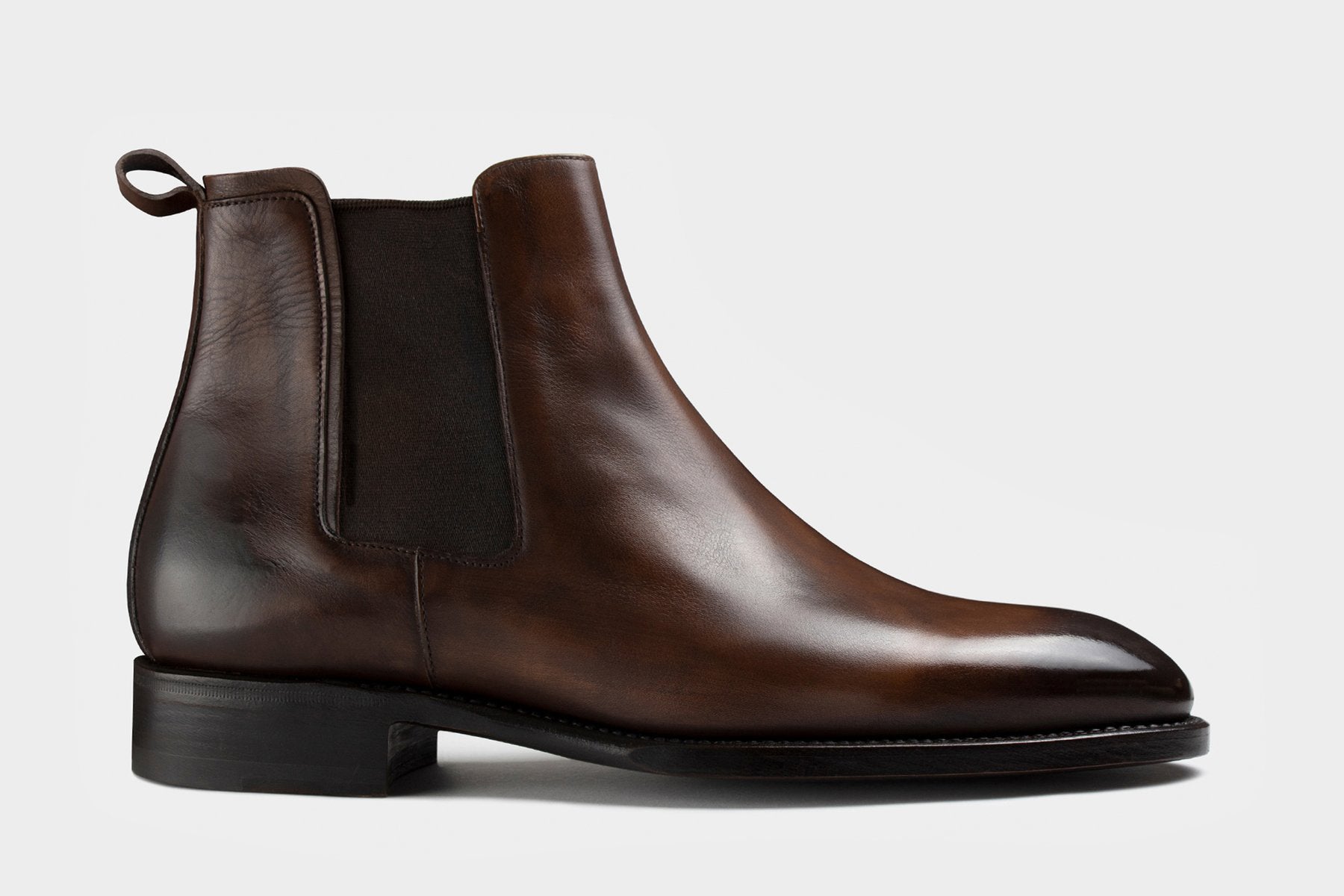
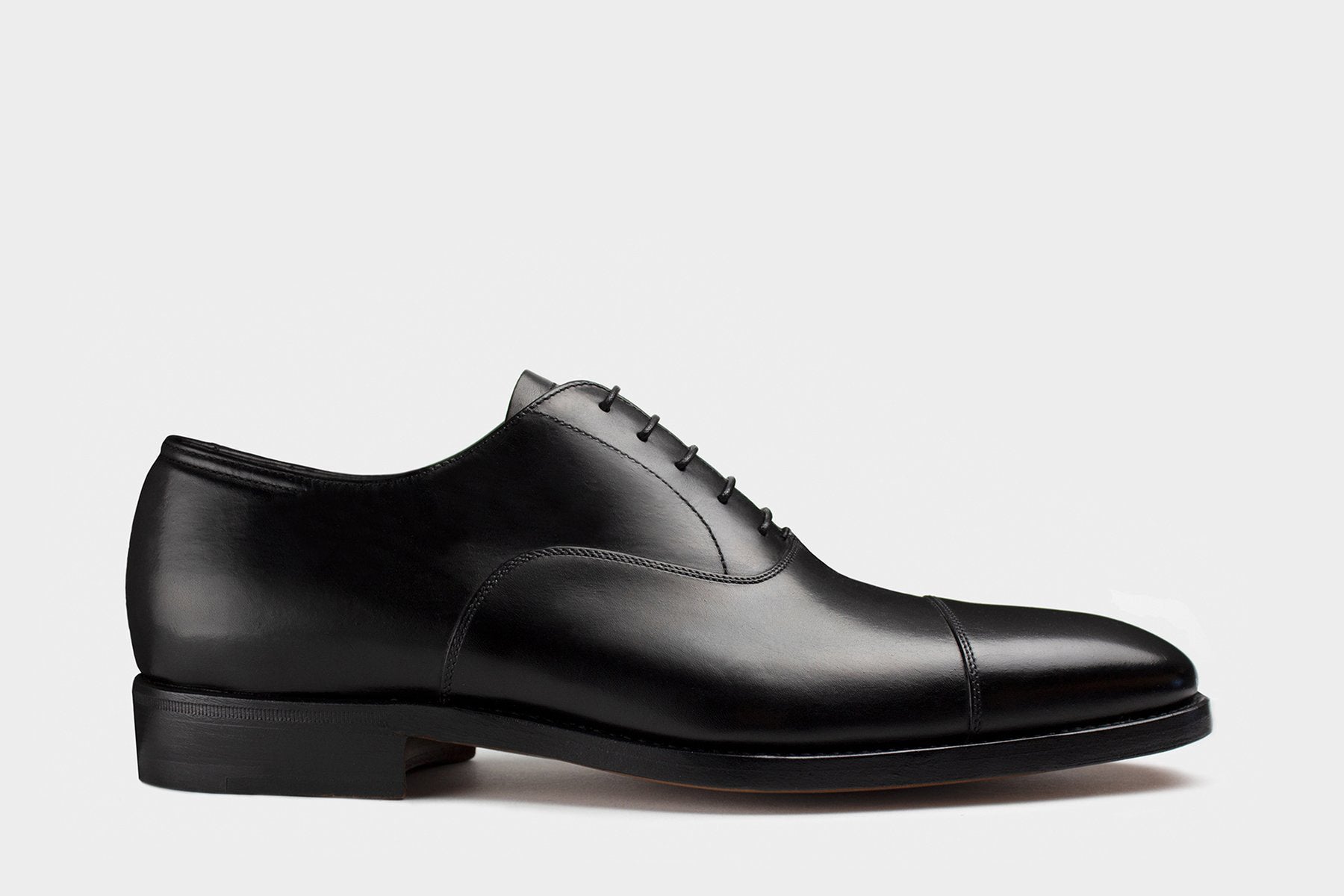
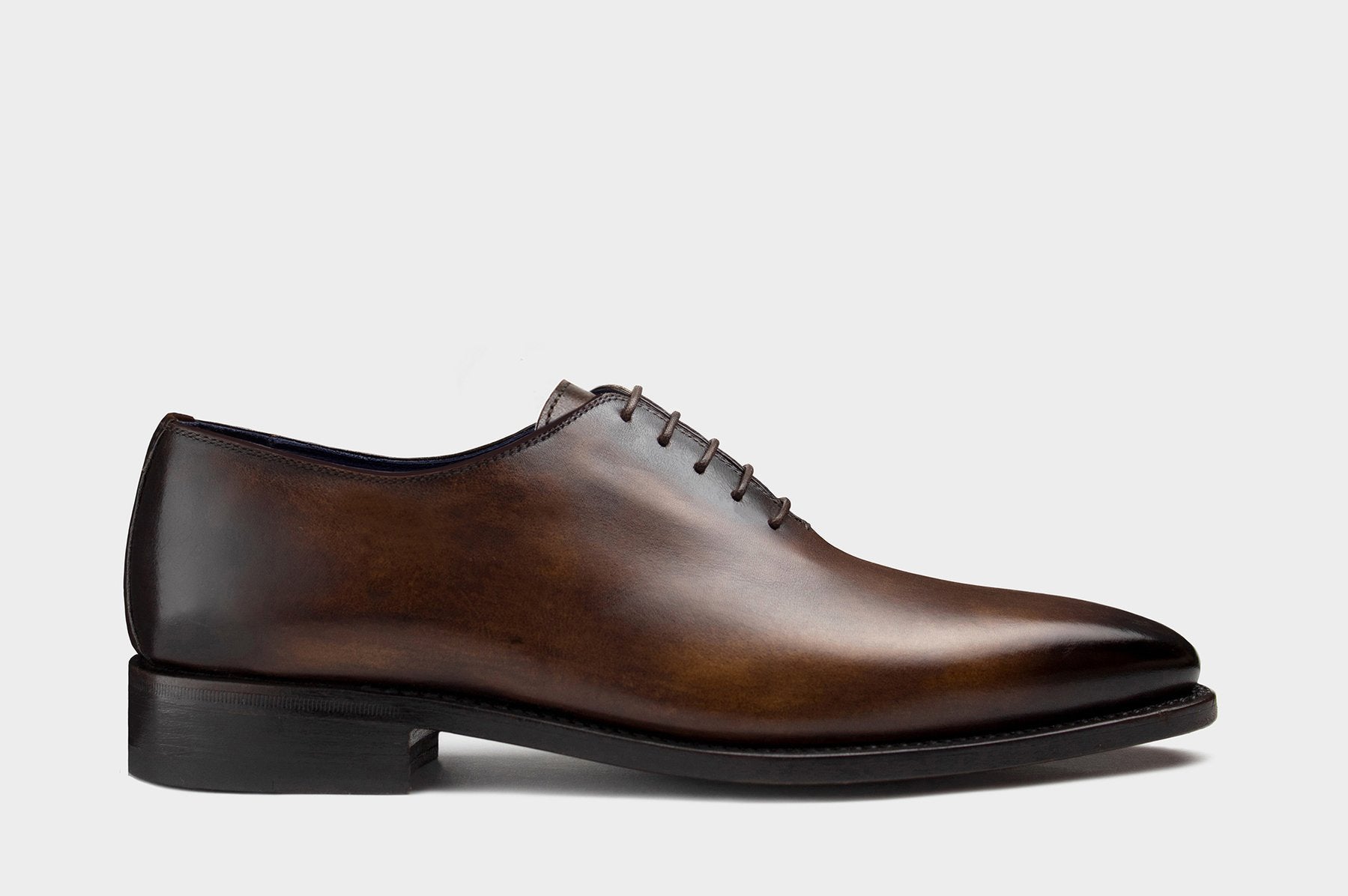
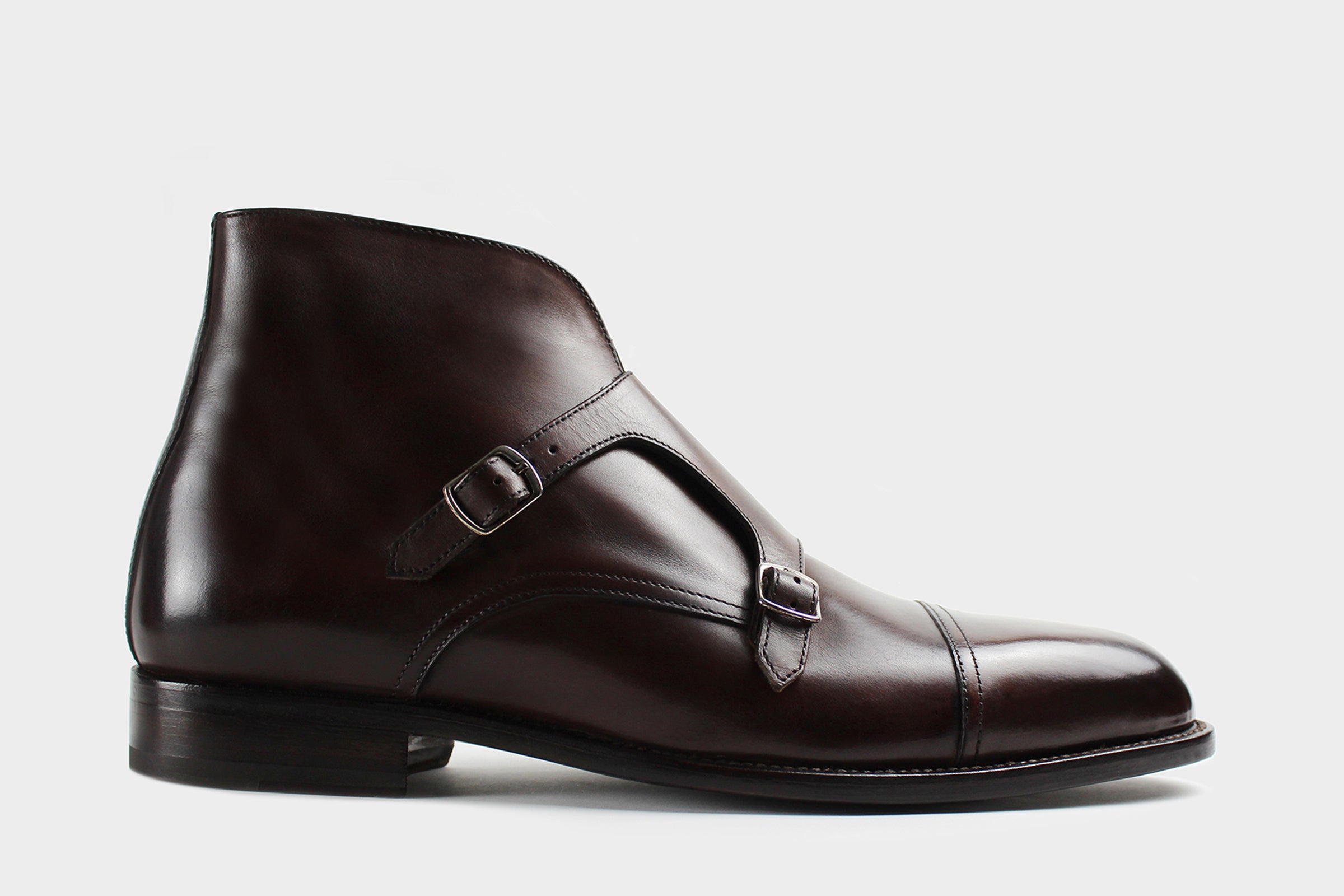
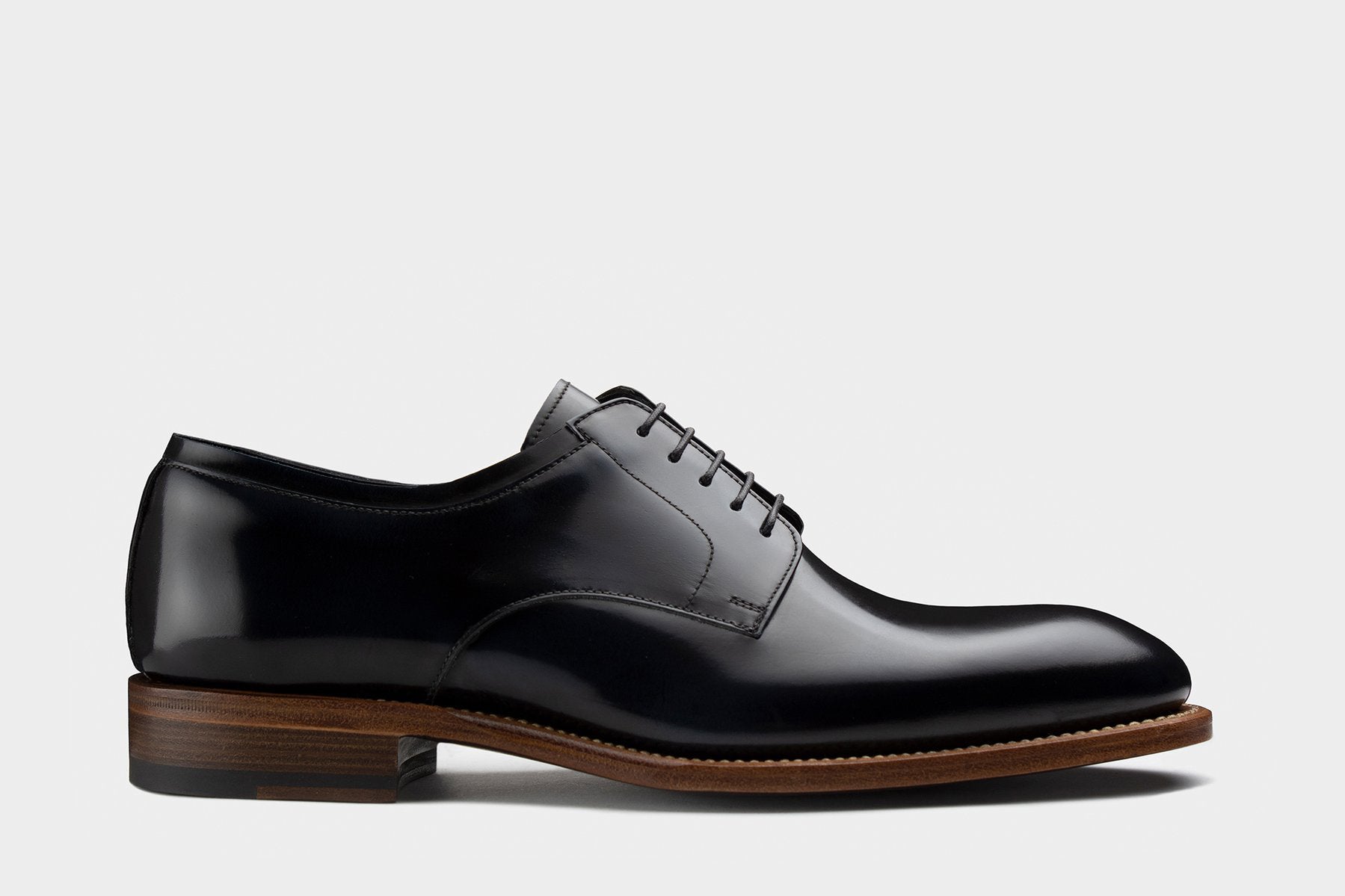
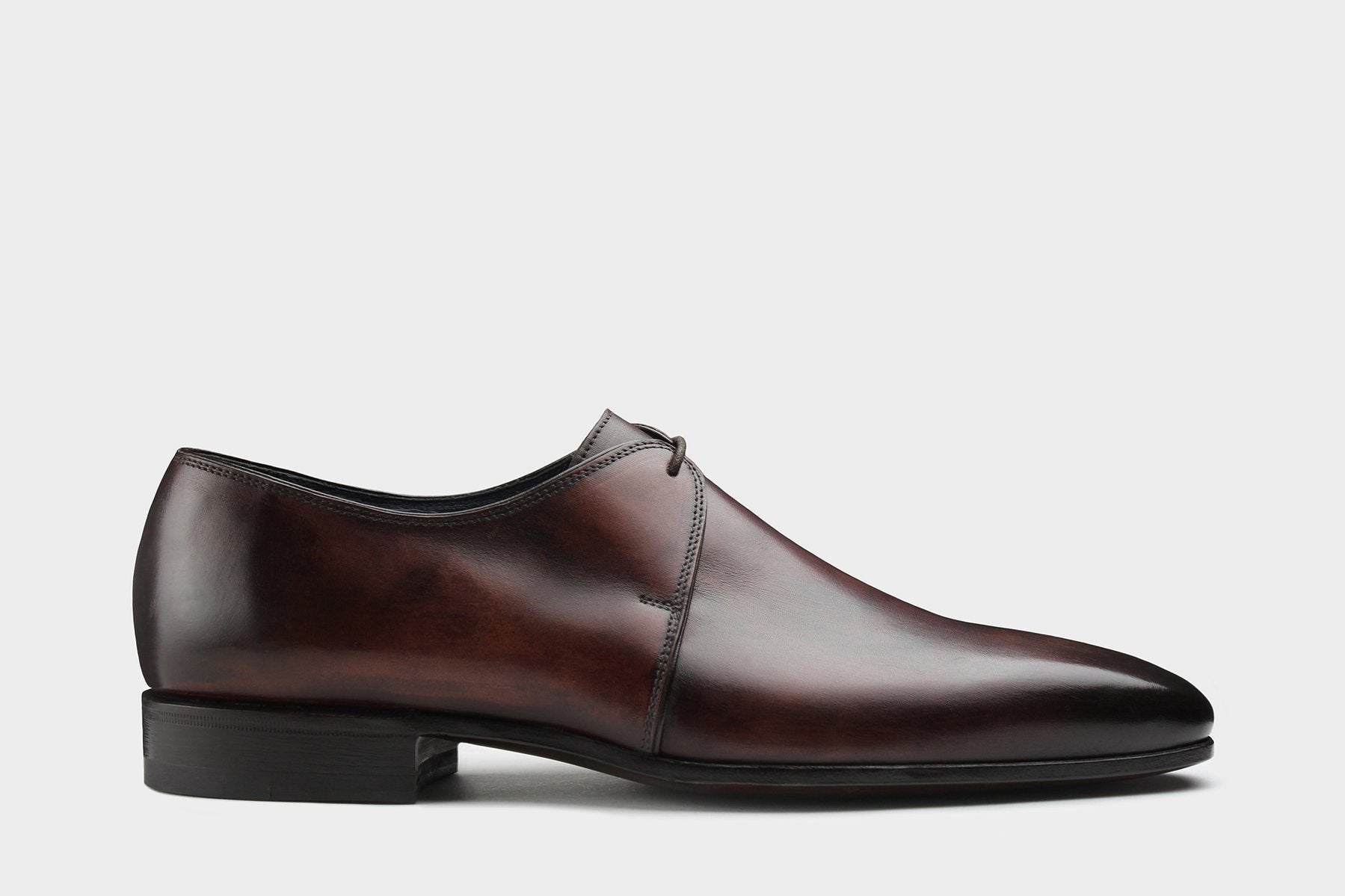
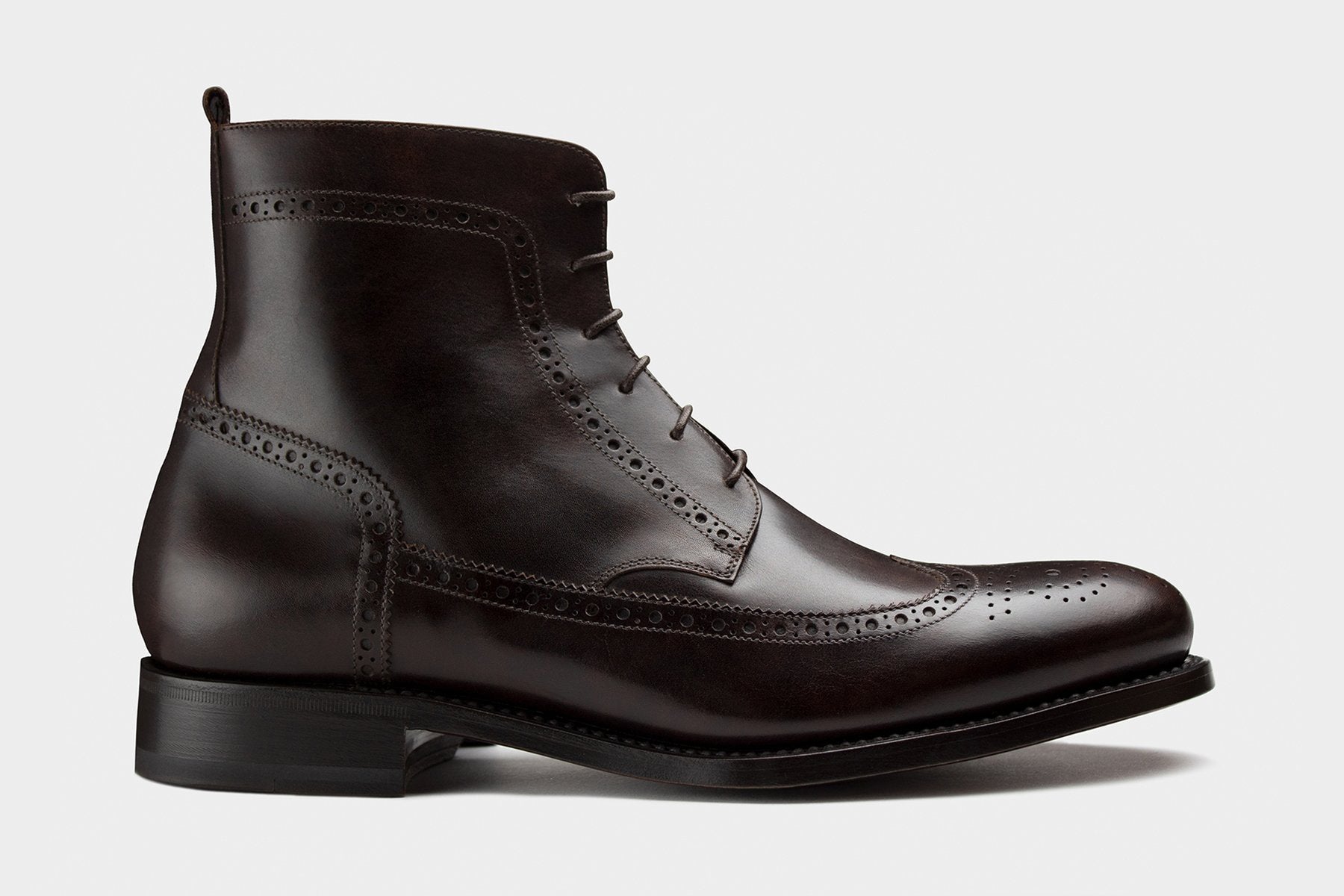
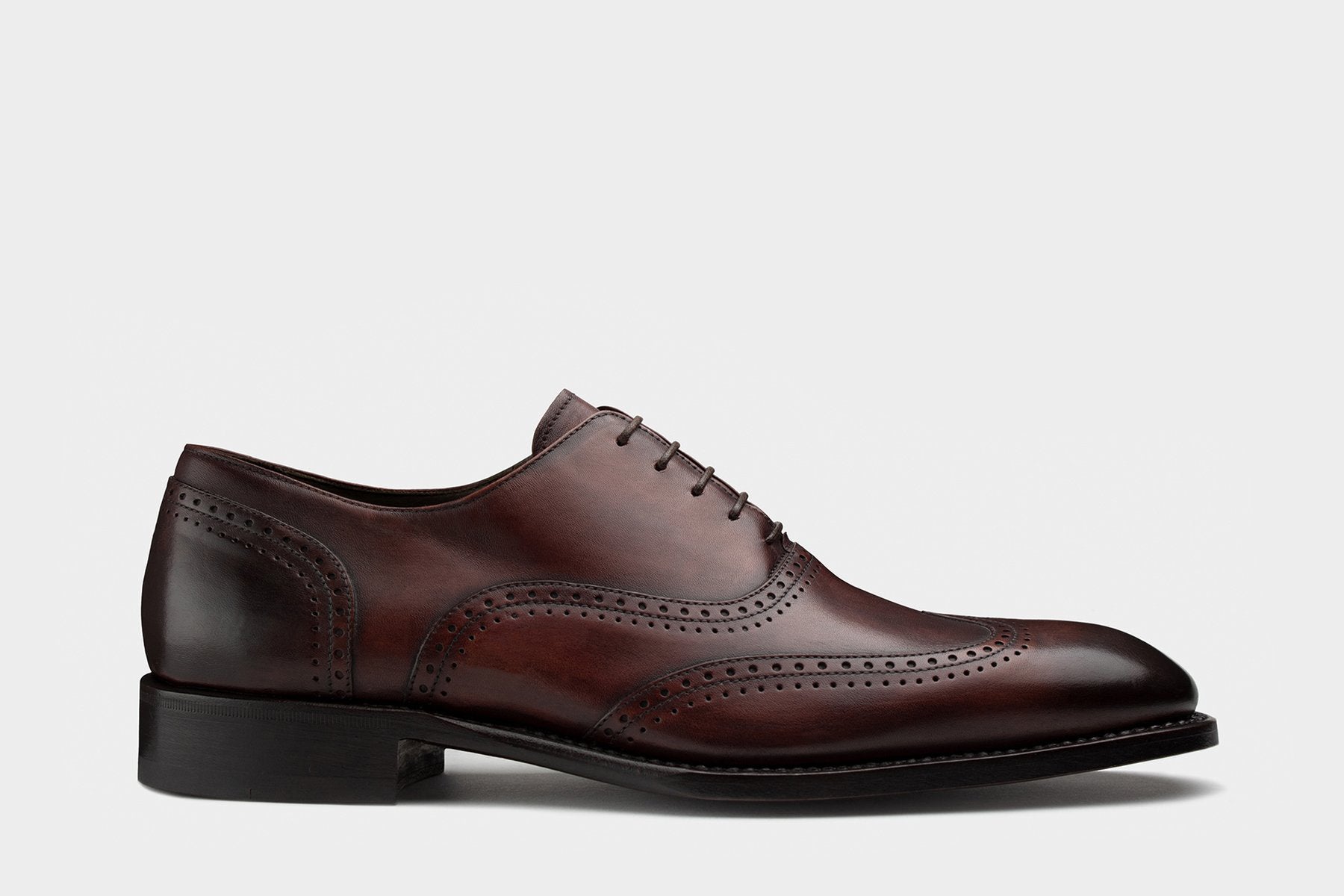
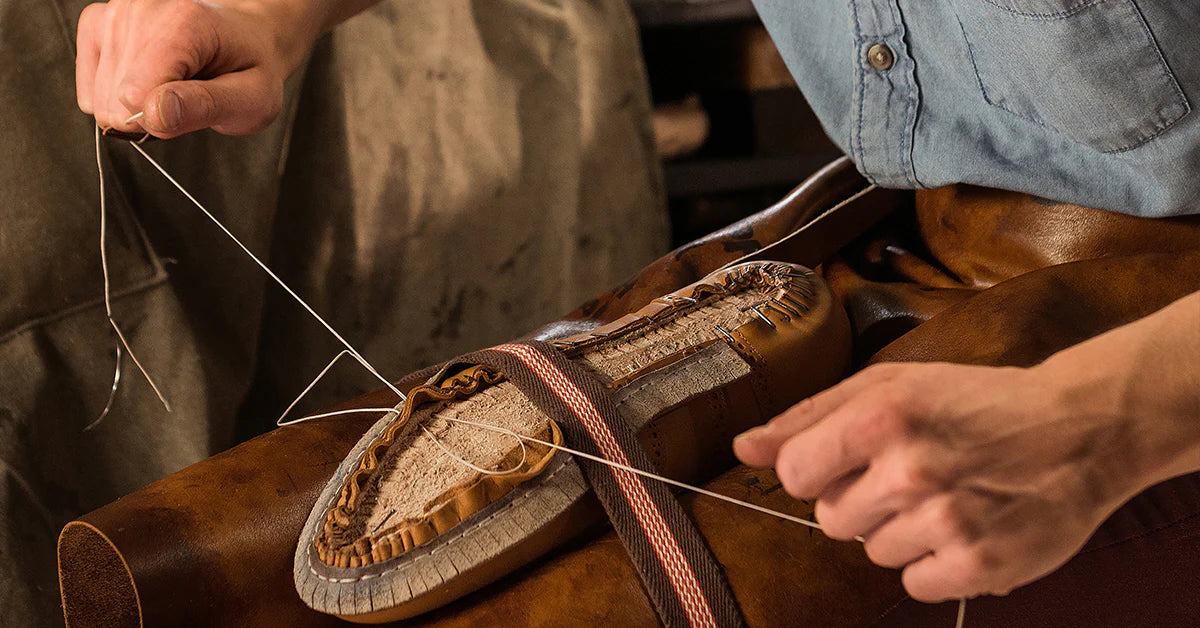
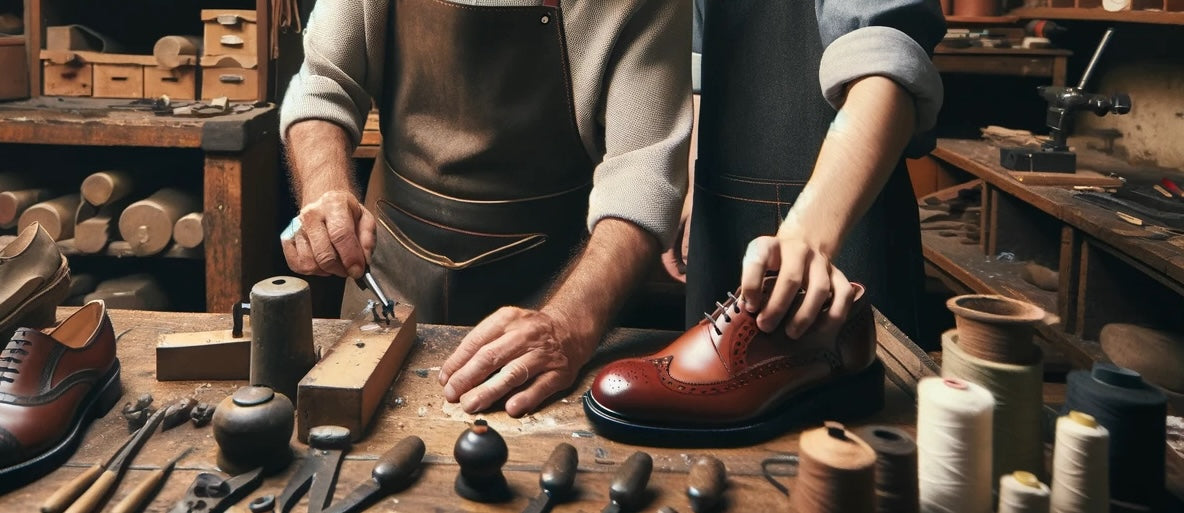
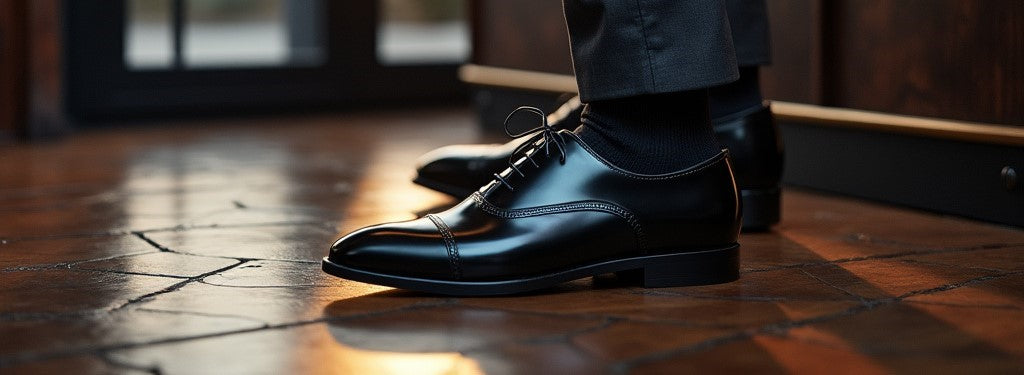
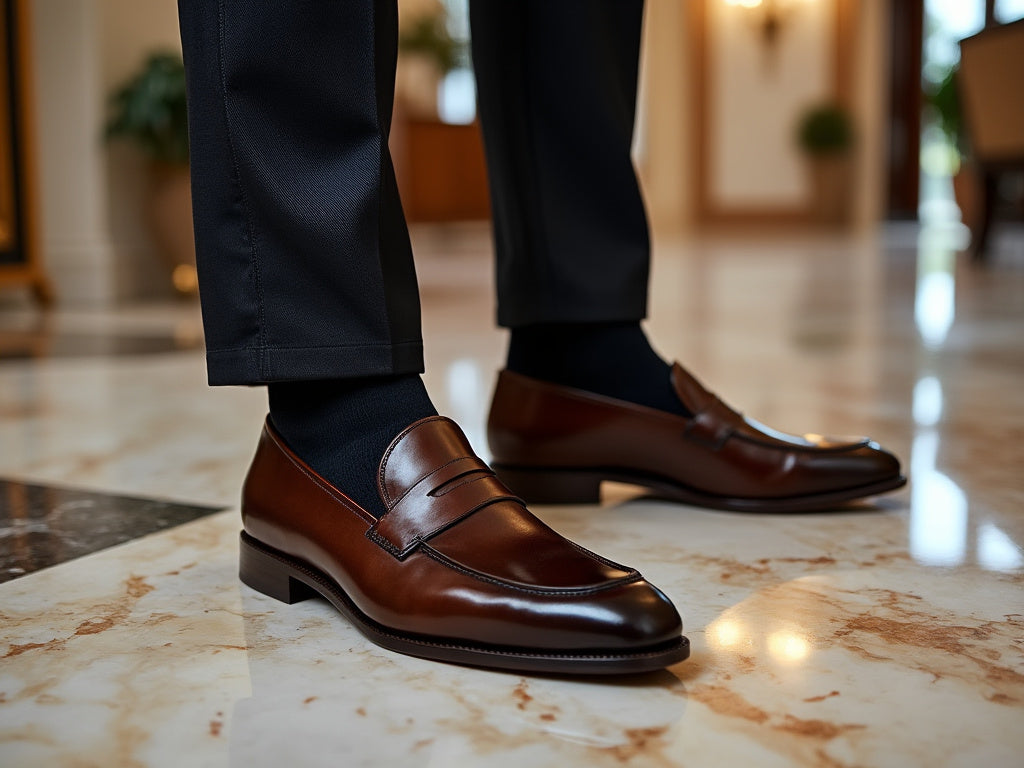
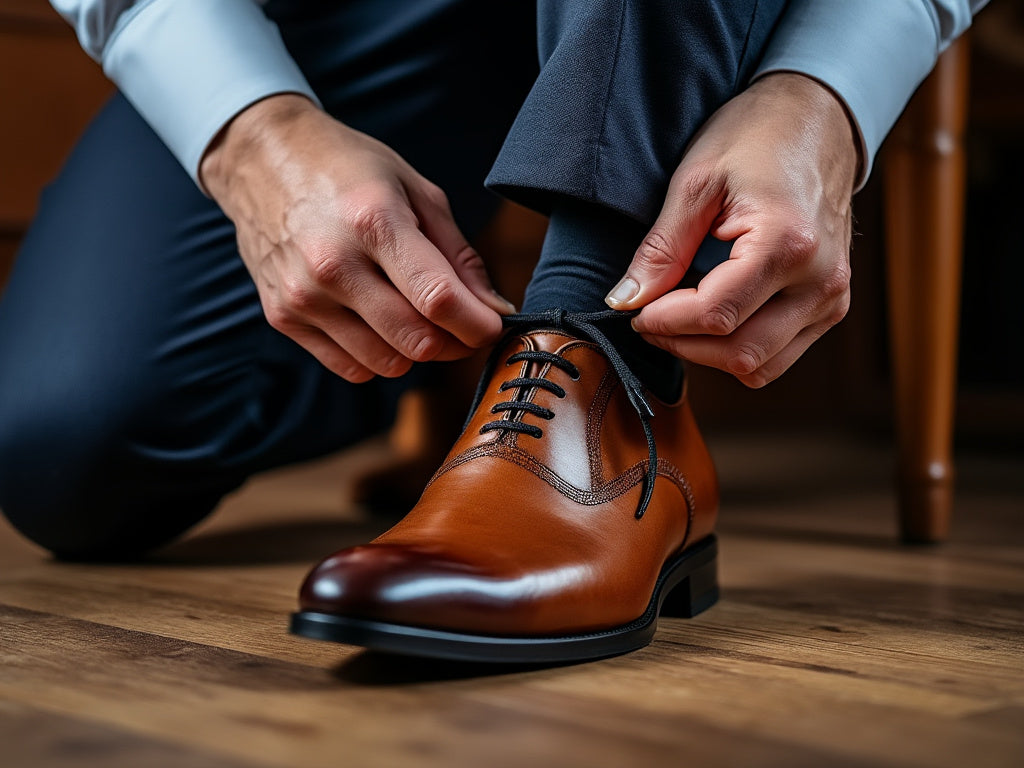
Leave a comment
This site is protected by hCaptcha and the hCaptcha Privacy Policy and Terms of Service apply.